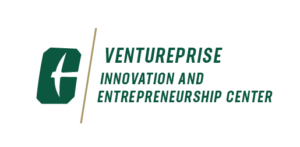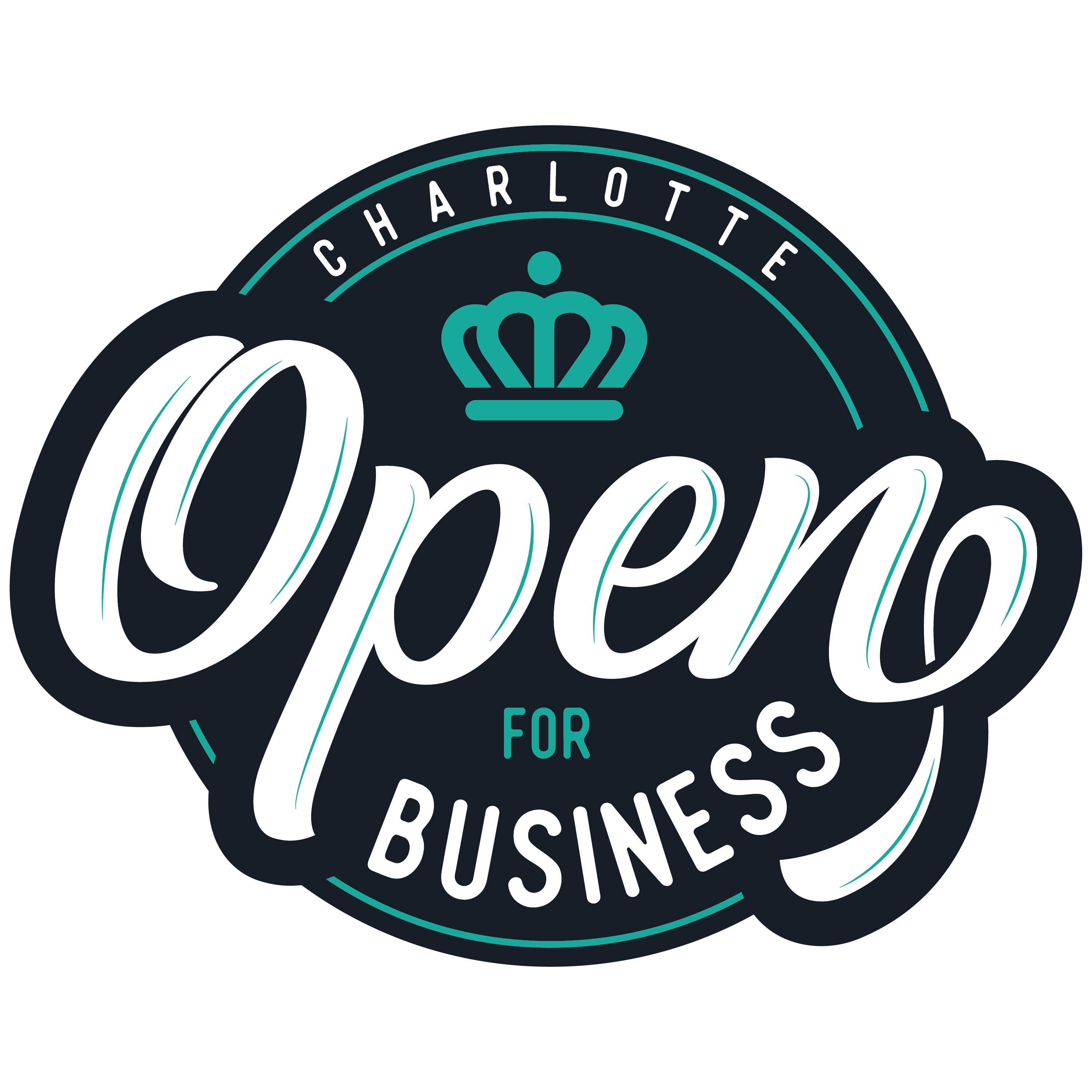We Have The Resources Needed To Start Your New Business.
Small Business Resources
Charlotte’s small business ecosystem is full of organizations that bring unique perspectives to helping entrepreneurs thrive. The community organizations, nonprofits, educational institutions, and government agencies that make up the Charlotte Business Resource Partners network represent a community-wide commitment to saving you time and money while seeking relevant business solutions. As you explore Charlotte’s Economic Development site further, you’ll find the connections you need to build and grow your business. From finding the right chamber of commerce to fit your networking needs to partners focusing on finding you funding, there is a partner in our collaborative for you.
Searching for help with your business can be overwhelming. There are a lot of different resources and guides online, but what do you do when those tips and tricks aren’t enough? Here you will find connections to resources backed by the expertise of our partners. Every click is a message or phone call away from working with an organization ready to help you navigate starting and growing your business.


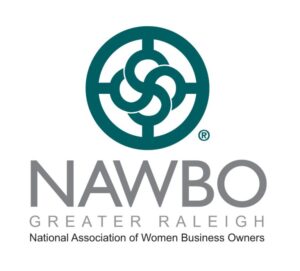
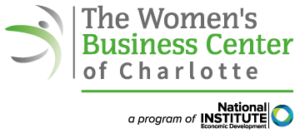


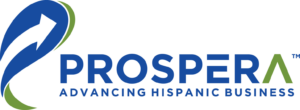


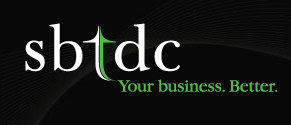
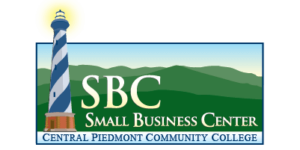

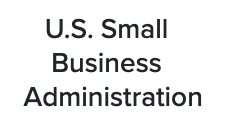
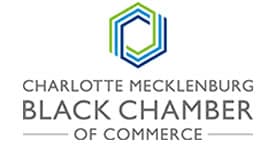
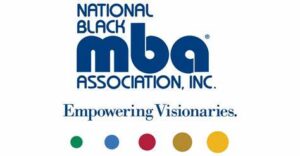
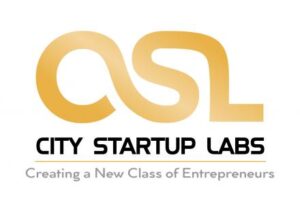
Not every kind of business in Charlotte requires the same kinds of paperwork. Let’s point you in the right direction for the licenses and permits you may need.


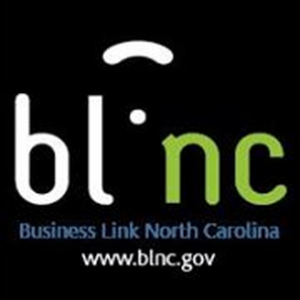

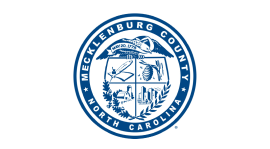
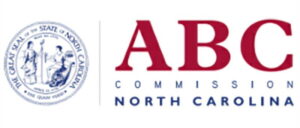
You know you need funding, but do you know if you’re ready to approach a lender? Whether it’s startup capital or operating funds you need, it’s important to understand what investors and lenders are looking for.


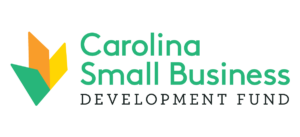




Many small businesses start out getting loans from banks, but we can connect you to nontraditional funding partners through our partners.






For further assistance the SBA offers LenderMatch, an online referral tool to link small business borrowers with participating SBA Lenders. Prospective borrowers complete a short online questionnaire, and the responses to that questionnaire are then forwarded to participating SBA Lenders that operate within the small business’ county. If lenders are interested in the referral, the lender and the prospective borrower’s contact information will be exchanged.
The ever-elusive idea of “free money.” We’ve all seen the headlines: “Millions in free government money for your business.” Late-night infomercials and online advertisements promise grants to start or expand a business. Sound too good to be true? It is.
Federal, state and local governments do not provide grants for:
- Starting a business
- Paying off debt
- Covering operational expenses
However, there are grants available for other for some specific business purposes. Here are a few offered by our partners.

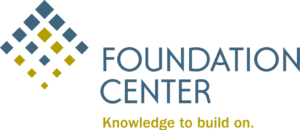

If you are seeking investors to provide capital for your business in exchange for convertible debt or ownership equity, check out the connections these partners have.


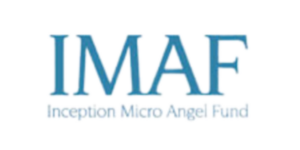
Networking is an essential skill for successful businesspeople, helping them identify new revenue opportunities, potential strategic partnerships, and customers. One of the best ways to network is to get your name out there by meeting new people at one of our Charlotte Business Recourse Partner events.





Employment and training services are continually being designed to meet the specific needs of businesses to ensure the availability of a trained and productive workforce.




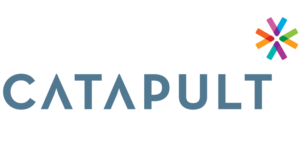
There are many factors you need to consider before you choose the location for your business. From zoning to demographics, the resources below will help you find the perfect location where your business will thrive.






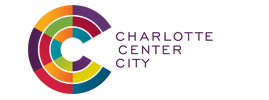



Use these resources to find new customers in Charlotte or discover new markets in other countries to sell your goods and services.


